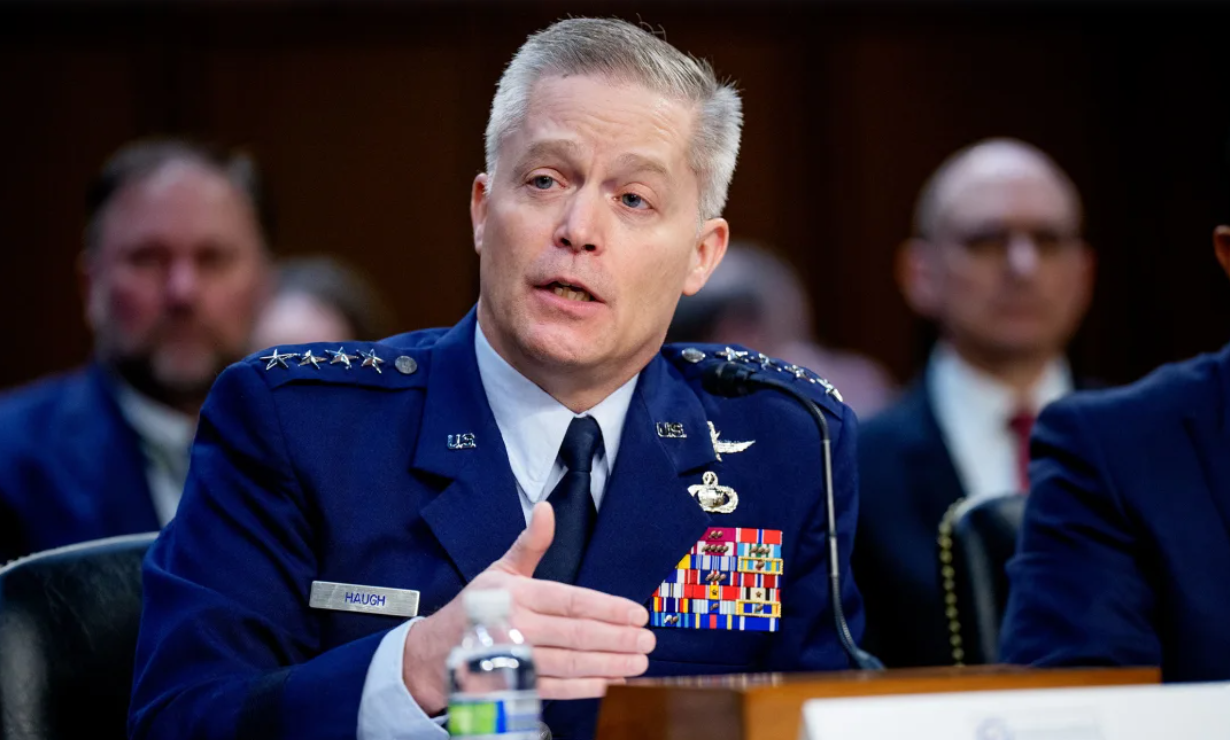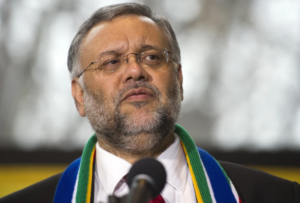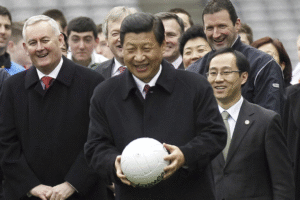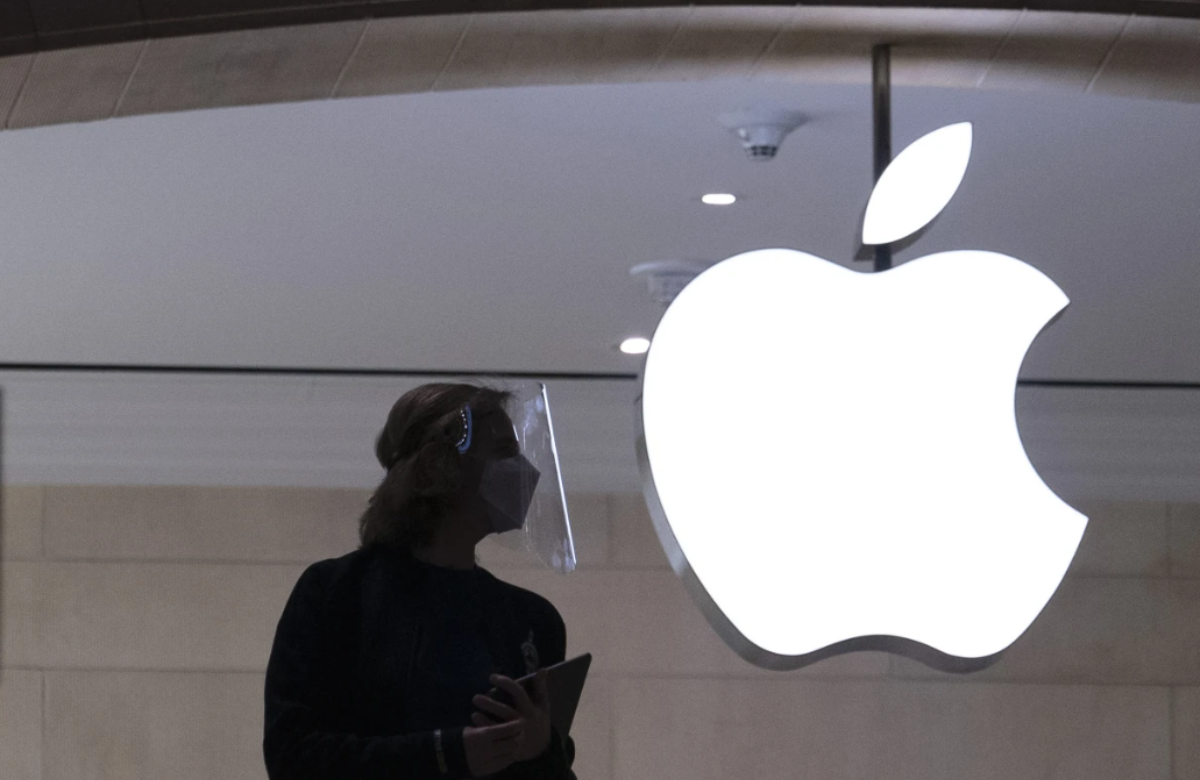The Trump administration has dismissed the director and deputy director of the National Security Agency (NSA), a key U.S. cyber intelligence agency, marking a significant shakeup within the nation’s intelligence community. Gen. Timothy Haugh, who also led U.S. Cyber Command, was removed from his position, along with his deputy, Wendy Noble.
The decision to fire Haugh, who had served since February 2024, and Noble has drawn criticism from top Democrats on the Senate and House Intelligence Committees, including Sen. Mark Warner and Rep. Jim Himes. The reasons behind their dismissals remain unclear.
Lt. Gen. William Hartman, a seasoned military officer and Cyber Command’s deputy, is expected to step in as the acting head of both the NSA and Cyber Command.
This leadership change comes shortly after the National Security Council saw multiple staff dismissals following pressure from far-right activist Laura Loomer, who allegedly urged President Trump to remove officials she claimed were disloyal. It is uncertain if these events are connected.
Haugh had recently hosted billionaire Elon Musk, who oversees the Department of Government Efficiency, at the NSA and Cyber Command headquarters in Fort Meade, Maryland.
There are growing concerns within the Defense Department about a culture of fear, with officials worried about being fired for perceived disloyalty to Trump. Haugh was not part of a controversial group chat on Signal, where senior officials, including Defense Secretary Pete Hegseth, discussed a sensitive military operation in Yemen, unaware that a journalist was present. Haugh had previously testified about the risks associated with using such messaging apps.
The NSA plays a critical role in U.S. national security, conducting global intelligence operations and providing insights to the president and top advisers. Cyber Command, established over a decade ago, has become pivotal in defending U.S. elections from foreign threats, including actions against Russian troll farms in 2018 and Iranian hackers in 2020.
Cybersecurity expert Renée Burton, who spent more than 20 years at the NSA, described the firings as “alarming,” emphasizing the complexity and importance of the NSA’s mission. She noted that Haugh and Noble had built the expertise and credibility necessary to lead such a vital part of national security, and their removal could expose the country to new risks.
This move follows an unprecedented purge of senior military leadership in February, during which Trump dismissed the top U.S. general shortly before the removal of the chief of the U.S. Navy and the vice chief of the Air Force.













